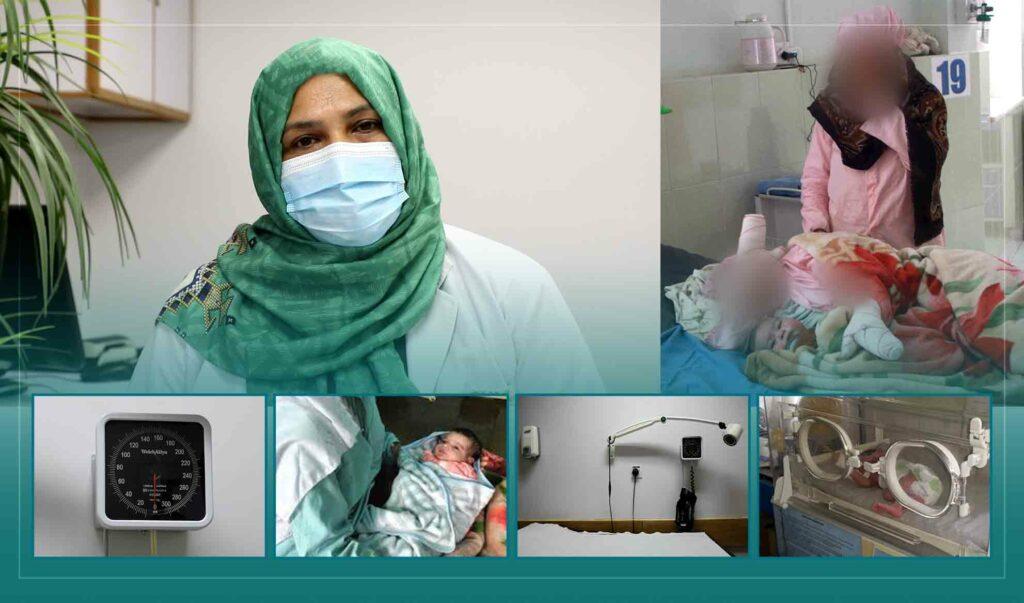KABUL (Pajhwok): Obstetricians and gynecologists say inadequate birth-spacing causes mothers multiple problems such as anemia, weakness, high blood pressure and even breast cancer.
Doctors identify the lack of inter-birth intervals the main cause of mortality during childbirth. They want mothers to adhere to a two-year gap before becoming pregnant again.
Dr Gulalai Wardak, an obstetrician-gynecologist and member of the “French Medical Institute for Mothers and Children”, told Pajhwok Afghan News a two-year gap between childbirths was essential.
She said the two-year break was necessary and beneficial for mothers and infants.
The doctor explained: “Successive births lead to weakness and anemia in mothers. When another pregnancy happens soon after the childbirth, the mother bleeds excessively at the time of delivery and the fetus in her womb dies not grow. Even a premature can happen.”
Gulalai Wardak added pregnancies and childbirths without intervals entailed mental ailments, and even breast cancer... Mothers older than 35 years tend to suffer from high blood pressure and diabetes due to frequent pregnancies.
"Some mothers think they will not get pregnant soon after giving birth, but this is not the case. Forty to 45 days after delivery, a woman will have the same menstrual cycle again and eggs will ripen, and she can get pregnant again.”
The gynecologist advised expectant mothers use the methods recommended and prevent pregnancy in the short and long-term to create a gap between births.
Dr Wardak urged the Ministry of Public Health to promote public awareness about pregnancy-preventing and child-spacing methods.
Dr Khwaga Babakarkhel, obstetrician-gynecologist and employee at the Shafajo Health Centre in Kabul, also stressed the need for a gap of at least three years between births.
She said: “When a mother gives consecutive births, she faces vitamin and calcium deficiency and anemia.”
Dr Khwaga recommended mothers should not give birth to more than six children, because it was important to provide education, food, clothing and other needs. When the number of children goes up, she argues, the level of maturity declines.
She viewed consecutive births as one of the principal causes of women’s death during childbirth. Some women in Afghanistan gave birth to up to 12 children without any break or gap.
MoPH officials say every 30 minutes a mother dies during childbirth and one of the main reasons was unspaced childbirths.
Sharafat Zaman, a spokesman for MoPH, had earlier told Pajhwok the ministry’s figures showed maternal mortality rate in Afghanistan had gradually decreased since 2020 and significantly fell in 2022.
Mothers who observe child spacing
Sweta, a resident of Deh Mazang who is pregnant for the third time, believed consecutive births were caused by unhealthy competition among families.
“Due to inappropriate practices among families, most people want to have more children. In some families, there is already a child, but the mother gets pregnant soon have another,” she commented.
According to her, families should have fewer children to be able to provide them education and other facilities. Sweta, a mother of three, has observed a gap of three year between.
sa/mud







GET IN TOUCH
NEWSLETTER
SUGGEST A STORY
PAJHWOK MOBILE APP